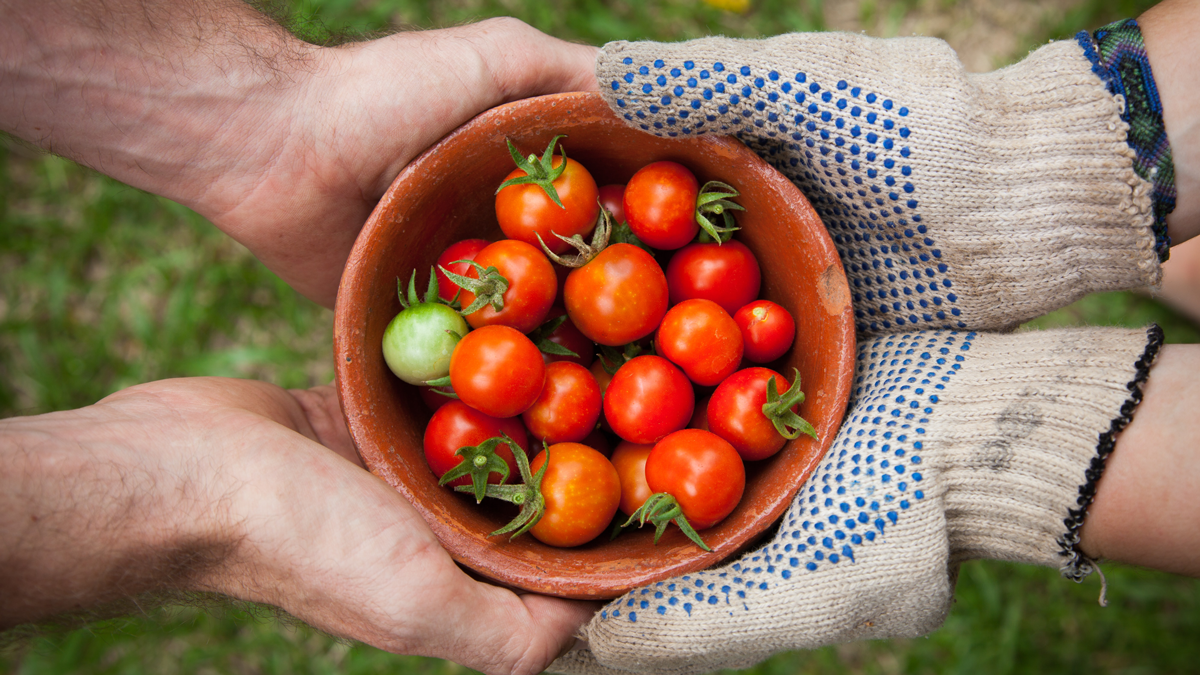
by Marilyn McEntyre
Some of the most interesting and challenging innovations and reforms in Christian community in the past few years have been efforts to live as though sharing were one of the deepest, most fundamental principles of faithful living. That is to say that some Christians are revisiting the notion that we are the body of Christ in ways that go way beyond many people’s comfort zones. “New monastic” communities on the model of “The Simple Way” in Philadelphia bring people together in communities where all goods are shared, the poor are welcomed, and restorative justice is a daily practice, not just an idea.1 Koinonia Farms in Georgia, the Anathoth Community Farm in Wisconsin, and similar intentional farming or craft communities bring together “Christians called to live together in intentional community sharing a life of prayer, work, study, service and fellowship.” They seek “to embody peacemaking, sustainability, and radical sharing.”2 In times of deepening economic crisis more and more local church communities conduct year-round food drives, set up regular soup kitchens, and offer free services and stuff through simple, local networks committed to mutual support. “Christian Simple Living” is a subset of a larger “Simple Living” movement aimed at “freeing us from consumer culture” into a more compassionate way of living that includes “radical sharing” and “restorative justice” — terms that need to be part of our active vocabulary as we consider our own faith response to our collective economic condition.
From “What Does ‘Mine’ Mean?” by Marilyn McEntyre. Published in Weavings: A Journal of the Christian Spiritual Life, November/December 2011/January 2012, Vol. 28, No. 1. Copyright © 2011 by The Upper Room.
Photography by Elaine Casap / Unsplash
Notes:
2 quote from koinoniapartners.org
Share on Socials